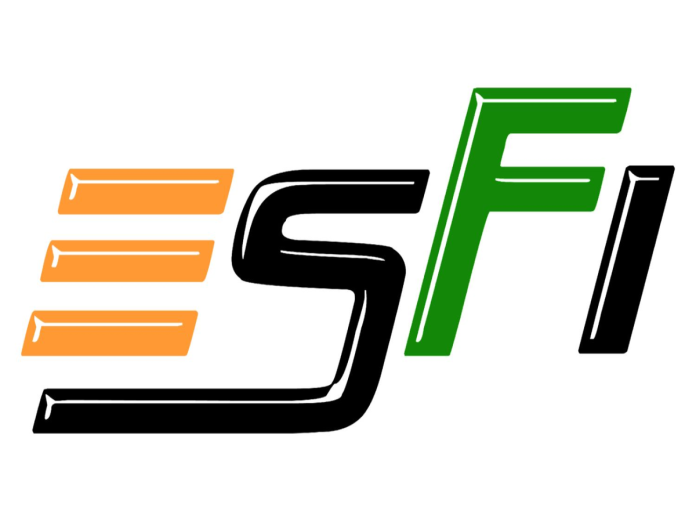With its admission as a demonstration title in 2018 and forthcoming debut as an official medal sport at the 19th Asian Games, esports is becoming more widely recognized as a mainstream sport.
It was resolved to impose a 28% GST on online gaming, horse racing, and casinos. This was at the most recent meeting of the Goods and Service Tax (GST) Council in New Delhi.
The council made it clear that for taxes reasons, there would be no distinction between games of skill and games of chance.
President clarifies about applicability of 28% GST
Vinod Tiwari is the President of the Esports Federation of India (ESFI) and acting Director General of the Olympic Council of Asia.
He emphasized that the 28% GST would only apply to iGaming.
This includes Real Money Gaming (RMG), fantasy sports, teen patti, rummy, and poker. These fall under the category of gambling or betting internationally.
He made this clarification in response to concerns about the impact on India’s Esports and video gaming industry.
He did, however, absolutely say that the ‘Video Games’ and ‘Esports’ industries will not be affected by this GST.
Reasoning behind exemption
Tiwari emphasized that Esports has been recognized by the Indian government as a legitimate sport. This distinguishes it from pursuits like iGaming, betting, RMG, and gambling.
He emphasized the government’s acknowledgment of the industry and the fact that the recently enacted GST will have no impact on how Esports are taxed going forward.
Additionally, he emphasized that the Esports industry has no use for the words “game of skill” and “game of chance,” which are exclusive to the setting of India.
He demanded that the GST Council adopt more precise terminology, such as “iGaming” or “online real money game,” to reduce ambiguity.
This is as stated under the “The Information Technology (Intermediary Guidelines and Digital Media Ethics Code) Rules.”
Tiwari emphasized that the 400 million video gamers in India (and the 3 billion gamers globally) play mostly for fun. It is not for monetary benefit.
He criticized the unwarranted confusion and misconceptions. This, he felt, comes from linking the video game or esports industry with iGaming and gambling.
He further emphasized that video game publishers have stringent restrictions against enforcing admission fees.
This is applicable for any Esports tournaments organized utilizing their video games.
Tiwari stated that this further separate Esports from iGaming.
Also Read: Call Of Duty Modern Warfare 3 Logo Revealed


